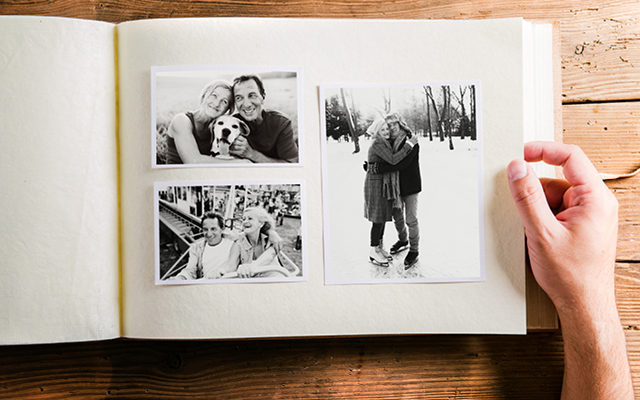My old pal Leo has been covering local, state, and national politics for about half a century, and his powers of recollection in this realm routinely amaze me. This is a guy who not only can tell you who finished third in the 1972 Iowa Democratic presidential straw poll but also has a pretty good idea who was running the press briefings. So, I was taken aback last week when his memory banks seemed to be failing him. I was driving him home from the coffee shop and reminiscing about the rise and fall of a former Minnesota governor when he simply couldn’t recall the name of the fellow who opposed him during his reelection campaign.
“He ran against Wendell Anderson in ’74,” Leo noted blankly. “Walked with the use of a cane.”
“You got me, Leo,” I admitted. “I’d look it up, but I’m driving.”
“It’ll come to me,” he ventured.
It didn’t come to him, and to hear Scott Small, MD, tell it, there’s no reason to begin worrying about my friend’s 79-year-old brain. Forgetting is good for us.
“I have come to understand, through new research, that there is a danger in remembering too much and that forgetting is not only normal but in fact necessary for our mental health,” Small, director of the Alzheimer’s Research Center at Columbia University, writes in the New York Times.
These minor memory lapses were once thought to be the product of glitches in the brain’s neuronal mechanisms — the nanomachines in the neurons that construct new memories. But recent studies suggest that neurons also house nanomachines designed to gradually deconstruct parts of the memories we’ve been storing.
“Memory and forgetting work in unison,” Small argues. “We depend on our memory to record, to learn, and to recall, and we depend on forgetting to countervail, to sculpt, and to squelch our memories. This balancing act is, as it turns out, vital for our cognitive functioning, creativity, and mental health.”
That process, he notes, can go haywire in opposite directions: destroying memories and triggering Alzheimer’s or mangling our ability to forget and causing PTSD.
There’s some benefit to remembering a traumatic experience, Small notes, but healing requires the PTSD victim to gradually allow the accompanying emotions to dissipate. “In patients with PTSD, the area of the brain that stores fear memories is highly active, suggesting that the individual cannot properly engage the brain’s fear-forgetting system and therefore cannot let go of the high anxiety associated with the memory of the traumatic event,” he explains. “Complex disorders should not be oversimplified, but it is possible to think about PTSD as a disorder stemming from too much memory, caused by an inability to forget a traumatic experience in a healthy way.”
Those of us on the wrong side of the “Minnesota Massacre” of 1978 may have a hard time forgetting that election, but I doubt that it rises to the level of a neurological disorder. To his credit, Leo has seen enough political bloodletting to appreciate the benefits of moving on to the next contest. “You can’t take it too seriously, Boss,” he’s fond of telling me.
Still, it was a bit disconcerting to watch him grasping fruitlessly for the elusive name of that candidate who campaigned against the popular incumbent governor in 1974. So, I looked it up later that day and quickly realized that any concerns about Leo’s gray matter were premature. The name of guy with the cane — and 29 percent of the vote — was John Johnson. Truly forgettable.





This Post Has 0 Comments